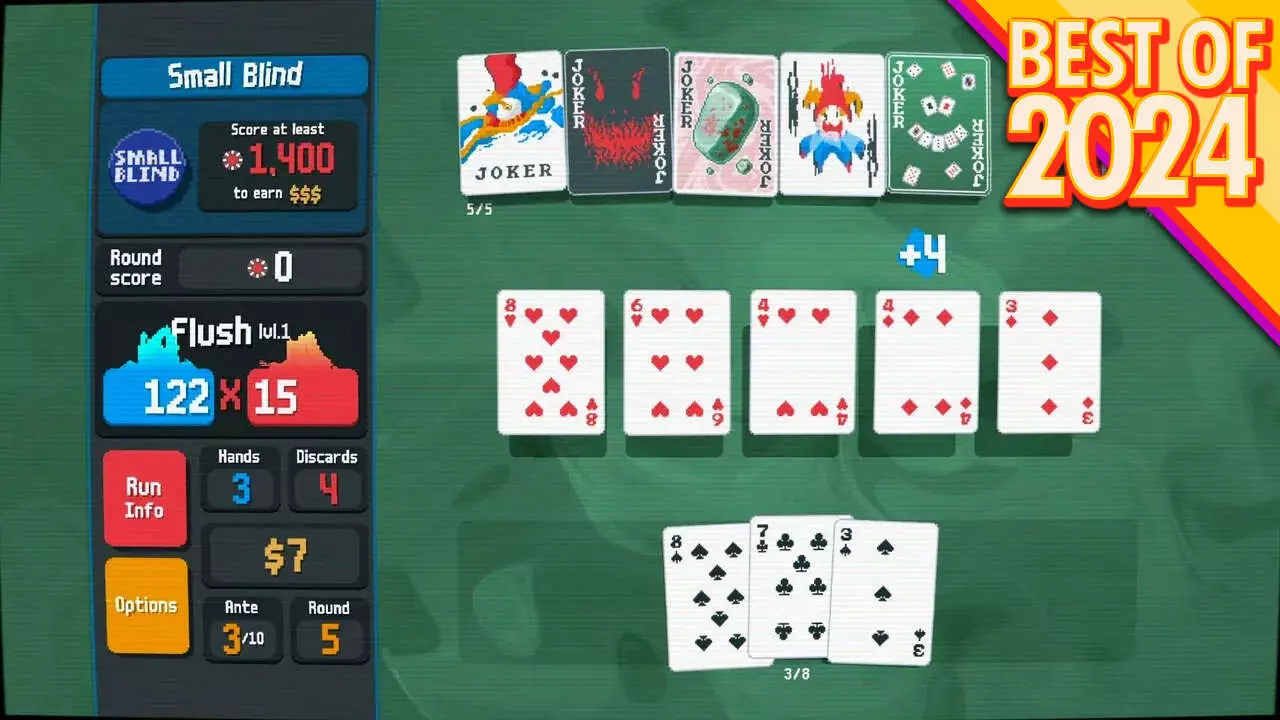In an age where video games often dominate our screens, a nostalgic shift back to simpler forms of gaming is emerging, particularly in the realm of card games. This past year has seen a remarkable renaissance of interest in trading card games (TCGs), captivating individuals across various demographics. One particularly telling example is the Pokémon Trading Card Game Pocket adaptation, which has become a routine delight for many. Players have strived to fill their virtual collections with rare and beloved characters, rekindling an excitement that mirrors childhood fantasies of “catching ’em all.”
Beyond personal enjoyment, the phenomenon is deeply communal. Group chats and social media celebrate new acquisitions, turning each booster pack opened into a collective event filled with excitement and discussion. Within this cultural wave, TCGs have not only provided entertainment but have also formed a bridge between friends, as friends engage in exchanges and revel in each other’s successes. The connective thread woven through gameplay resonates strongly, making card games a social lifeline for many in these times of isolation and complexity.
The charm of card games like Balatro and Queen’s Blood lies in their ease of understanding, coupled with satisfying gameplay. Balatro, for instance, is intriguingly simple—it merges the classic solo experience of Solitaire with the competitiveness of Poker. Gamers are drawn to its straightforward mechanics, where skill isn’t buried beneath convoluted systems. Players can engage regardless of their gaming background, making it accessible to both hardcore fans and casual gamers alike.
In a world oversaturated with complex narratives and mechanics found in many modern video games, TCGs offer a cherished respite. The simplicity of the rules allows players to engage ‘on auto-pilot,’ granting them space to unwind while still feeling accomplished. Furthermore, blending traditional card games with modern gaming frameworks, like roguelikes, creates dynamic play experiences that hold players’ attention and often lead to longer engagement periods.
The social aspect of TCGs is perhaps one of their most alluring features. As with any hobby, community involvement enhances the experience. The rising interest in games like Magic: The Gathering has been significantly bolstered by shared sessions among friends, with many forming regular gatherings to play. These communal rituals foster a sense of belonging and encourage deeper connections, as players bond over strategy, shared experiences, and the thrill of competition.
Exploring the popularity of these games reveals an underlying truth: people yearn for connection. Card games cultivate a unique social environment where individuals can engage face-to-face, learn new rules together, and share laughter or friendly banter. An example of this communal activity manifesting in real life is the rise of hybrid experiences, such as TCG Card Shop Simulator, which combines the love for trading cards with the thrill of managing a card shop within a game. This blend appeals to those wishing to be part of a larger narrative while nurturing their love for card games in a supportive environment.
Looking ahead, the trajectory for TCGs seems overwhelmingly positive. With upcoming titles like Slay the Spire 2 and the infusion of card game mechanics into popular franchises such as League of Legends, it’s evident that the spotlight on card games is only set to grow. These advances signal a desire for innovation within the genre, with developers increasingly keen to elevate the card-playing experience both digitally and physically.
The diversity in card game formats—ranging from competitive play to highlights of casual family gatherings—ensures there is something for everyone. As each year passes, companies are keen to harness this momentum, expanding their card games to include various themes, mechanics, and collaborations. The trend transcends mere nostalgia; it embraces the broader cultural zeitgeist that celebrates togetherness, strategy, and harmless fun.
In closing, the resurgence of card games in 2024 offers a unique opportunity for individuals to rediscover joys that are often overshadowed by more elaborate gaming experiences. They breathe life into social rituals and provide an accessible platform for engagement. As players across the globe continue to embrace these games, it’s clear that card games are not simply fleeting fads but substantial cultural phenomena that reflect a longing for simplicity, community, and connection in gaming. In this ongoing evolution, we witness a splendid blending of tradition and innovation, marking a bright future for card games and the communities that thrive around them.

